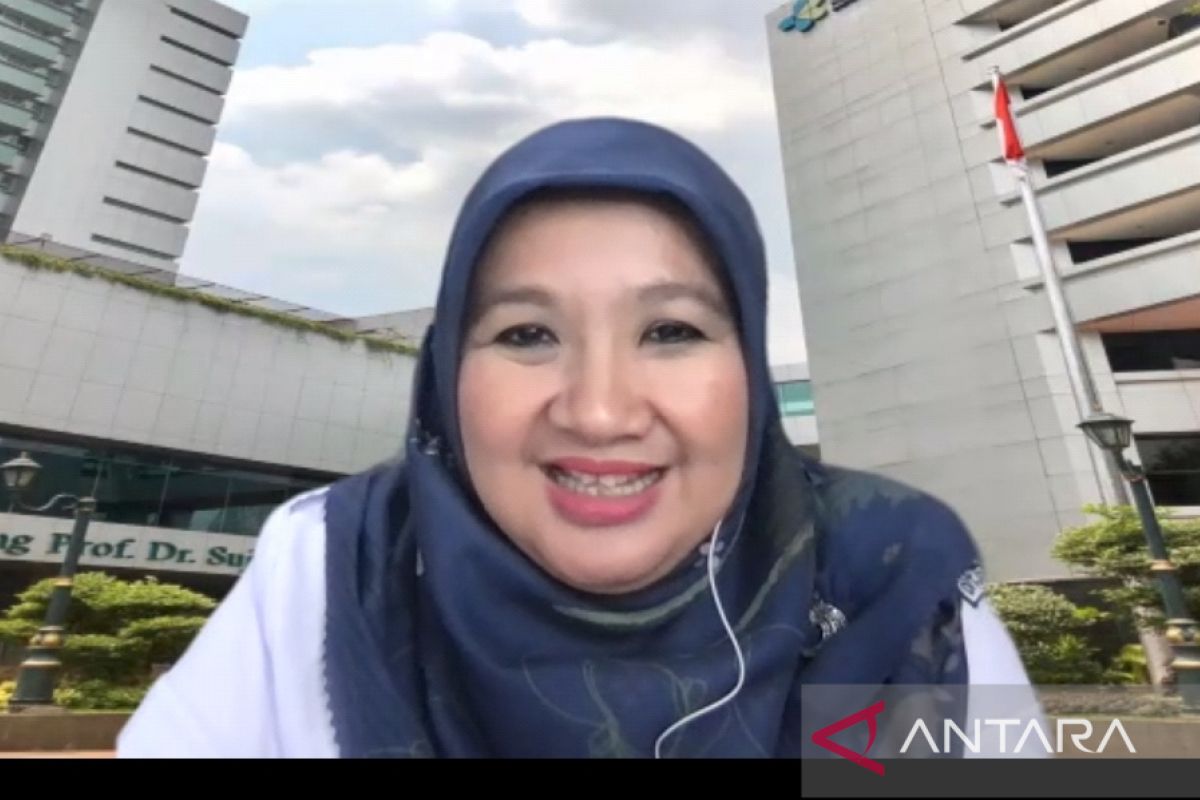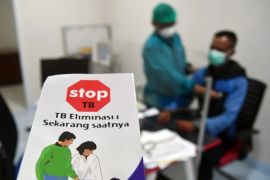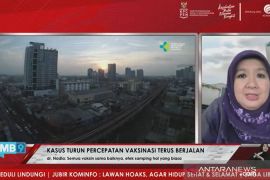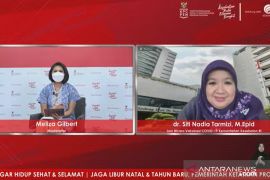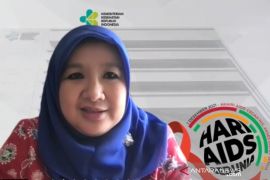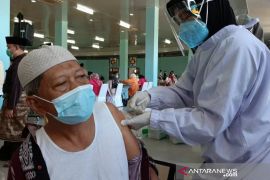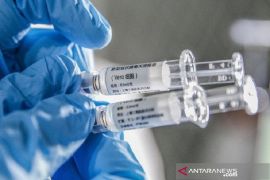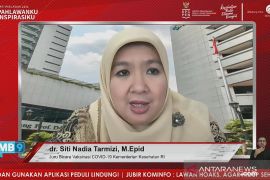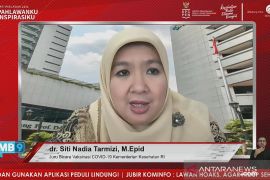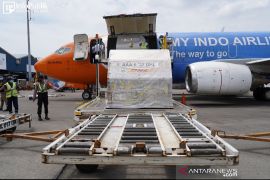So far, isolation beds and ICUs in hospitals for patients were still sufficientJakarta (ANTARA) - The number of positive Omicron cases exceeded the Delta variant, though the bed occupancy rate (BOR) was lower than the Delta variant period, Health Ministry's Infectious Disease Prevention and Control Director Siti Nadia Tarmizi stated.
Tarmizi noted in a statement on Wednesday, as of February 15, some 33 percent of the COVID-19 patients in Indonesia were undergoing treatment at hospitals.
She noted that hospitals in Indonesia were in a position to treat COVID-19 patients during this Omicron variant wave. Until Wednesday, the government had increased the bed capacity for COVID-19 patients, from 88,455 to 91,018.
"So far, isolation beds and ICUs in hospitals for patients were still sufficient. There are no areas with beds and intensive care occupancy at 60 percent in Indonesia," she remarked.
Tarmizi later highlighted that out of the 15,313 isolation beds provided for Jakarta Province, only 54.9 percent were occupied. Similarly, with 921 available ICU beds, only 44.1 percent had been occupied. This condition was different from when the Delta variant struck when Jakarta had treated 18,824 COVID-19 patients during the peak of the Delta wave.
"We urge asymptomatic patients and patients with mild symptoms to undergo self-isolation at home or at a centralized isolation center provided by the government. Isolation at hospitals will be focused on patients with moderate, severe, and critical symptoms, and having comorbidities," she noted.
Tarmizi stated that data from February 13 showed that most asymptomatic patients and those with mild symptoms still did not need oxygen therapy. Of the 20,920 patients hospitalized as of February 13, some 4,037 were asymptomatic while 9,664 experienced mild symptoms. Thus, 65.49 percent of the patients can actually undergo self-isolation.
"Our telemedicine service and medicine delivery for self-isolating patients were improving. It had been started since January 29, 2022," she stated.
Meanwhile, of the 130,346 patients that contacted the telemedicine service, 97 percent had consulted remotely with a doctor or health worker and received an electronic prescription from the telemedicine service, while 85 percent of them had received a free medicine package from the Ministry of Health on the same day or the day after.
However, Tarmizi pointed out that a few self-isolated patients had used free telemedicine services. From January 17 to February 13, 2022, of the 346,930 confirmed cases of COVID-19, only 130,346 patients, or 38 percent of them, had used telemedicine services.
“By reducing the burden on our hospitals and health workers, patients with moderate to critical symptoms can be treated better and reduce the worst risks from COVID-19," she noted.
In addition, the Ministry of Health reminds the public to immediately complete the two-dose COVID-19 vaccination. This aims to prevent people from experiencing severe symptoms and avoiding the risk of death.
Tarmizi stated that vaccination was still an effective preventive measure combined with the application of strict health protocols. As of February 15, some 188.5 million, or 90.55 percent of the people had received the first dose of COVID-19 vaccine; 136.6 million, or 65.61 percent of the people were fully vaccinated; and 7.2 million, or 3.49 percent of them had received booster vaccination.
Related news: Bed occupancy rate in hospitals nationally under control: KSP
Related news: Consistent implementation of PPKM effective in curbing COVID-19 cases
Related news: Bandung govt prepares integrated isolation center for COVID patients
Translator: Devi Nindy Sari R, Resinta S
Editor: Sri Haryati
Copyright © ANTARA 2022
